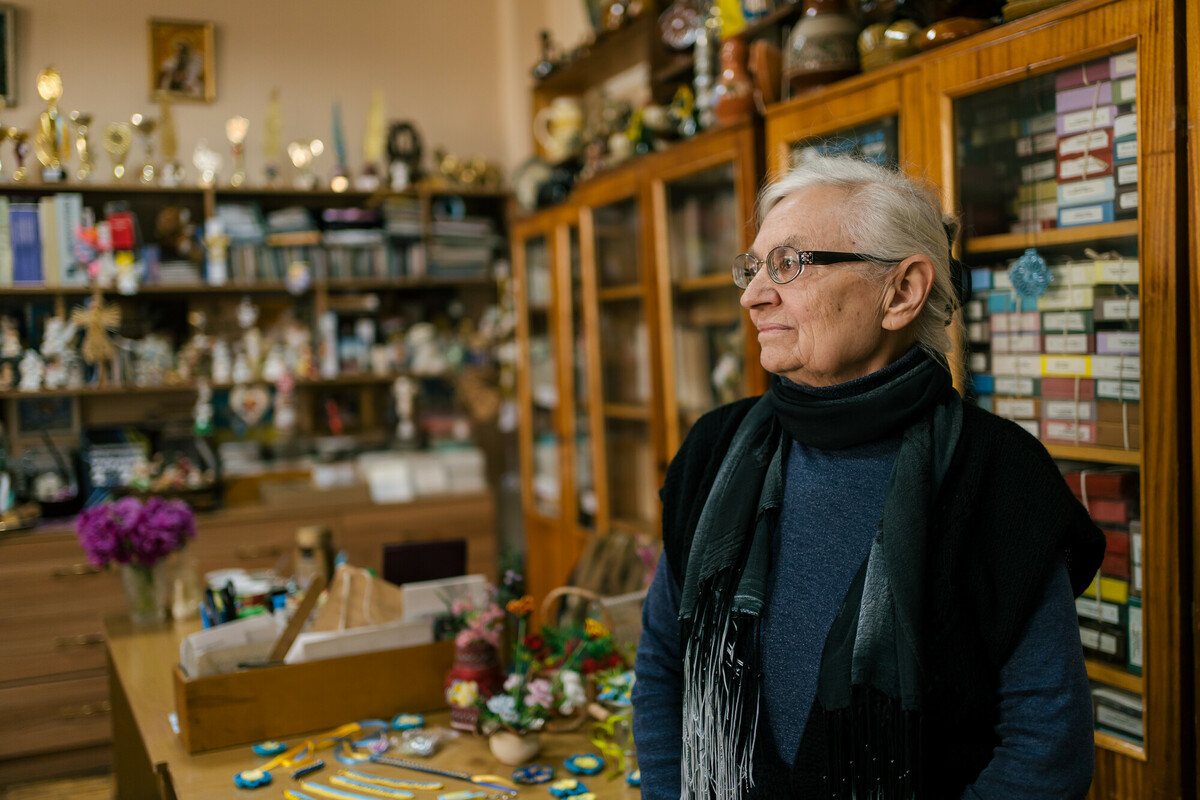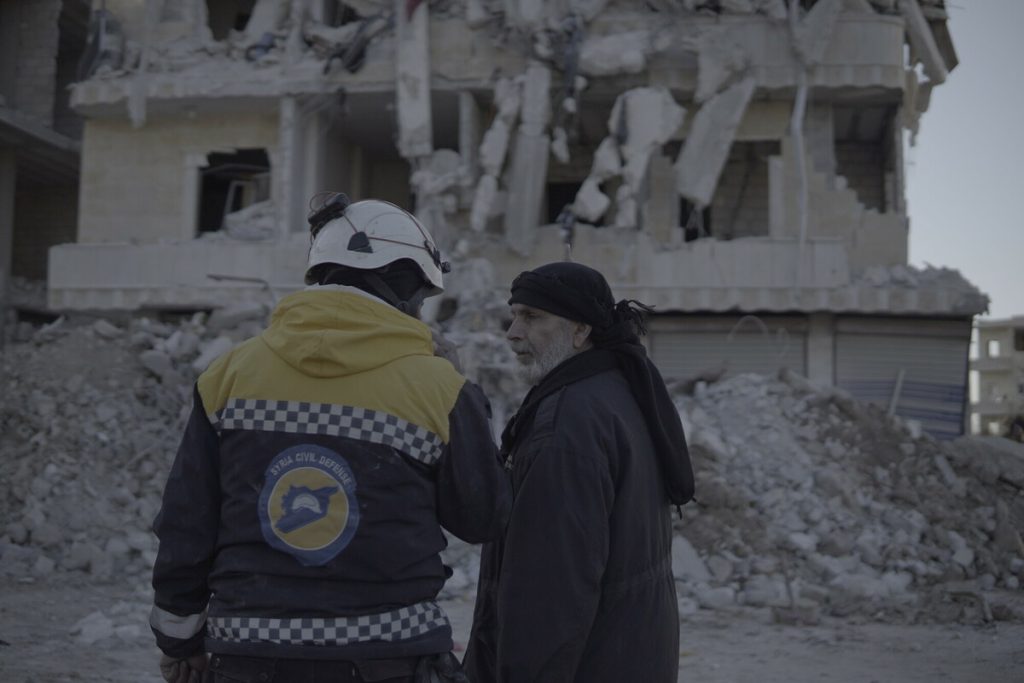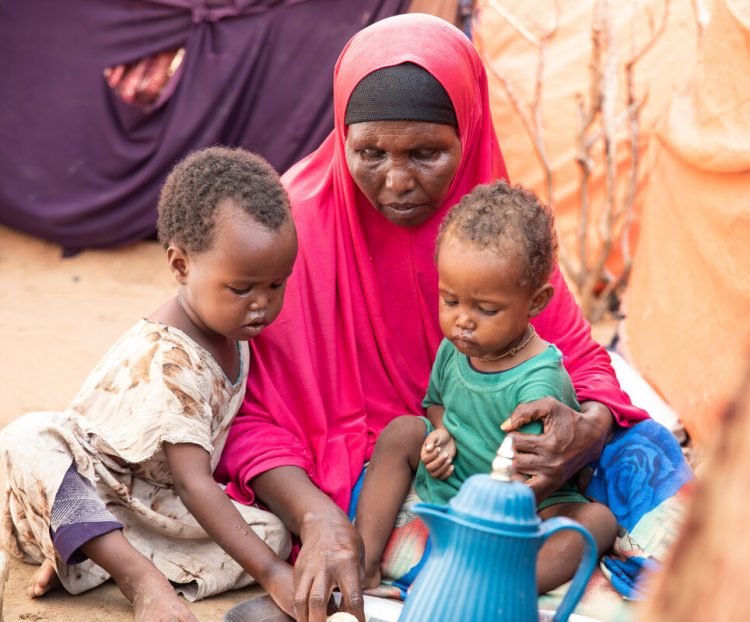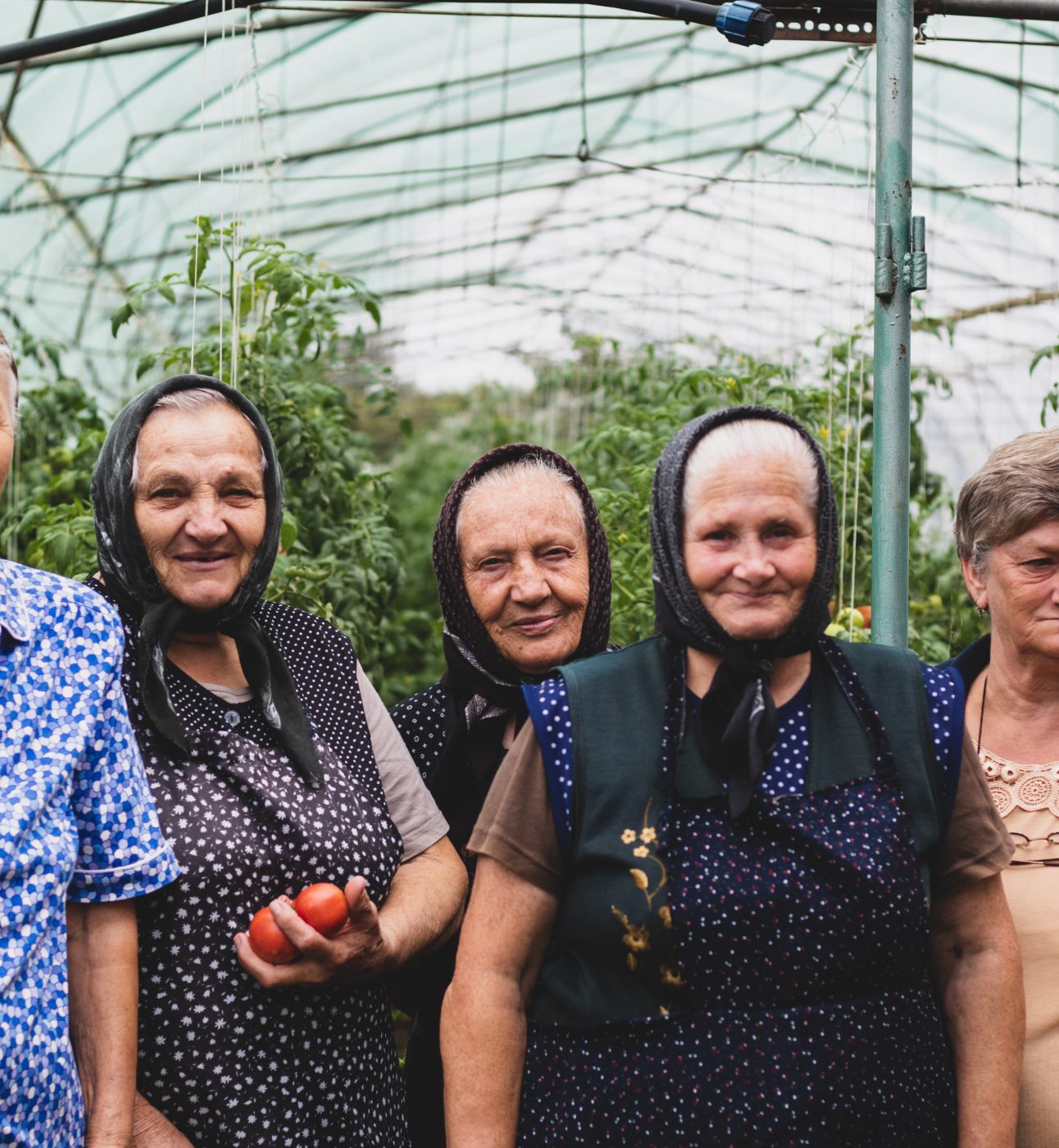Since HelpAge International was founded in 1983, it has worked for older people and their needs to be included whenever humanitarian emergencies happen.
Its ambition is to transform the international humanitarian system to become age-inclusive, promoting older people’s dignity, wellbeing and voice.
Reaching older people in humanitarian emergencies
HelpAge supported older people in humanitarian emergencies from the outset. Colleagues responded alongside Help the Aged (now Age UK) to support those affected by the 1983-1985 famine in Ethiopia, the refugees from Mozambique arriving in Zimbabwe and, from 1993, the floods that swept across Mozambique.
In 1994, as refugees fled across the border into Tanzania to escape the genocide in Rwanda, HelpAge mounted its first unilateral response. Smart Daniel, now Tanzania’s Country Director, recalls how Tanzania, historically a stable country, was inundated by the shift in humanitarian resources from overseas. “HelpAge experts came in from different parts of Europe and Zimbabwe where there was experience of hosting refugees,” he says.
“I was a student at the time. My housemate was travelling past the flow of refugees and noticed HelpAge doing great work there. He mentioned it to me, and we approached to see if we could help voluntarily. After graduating two years later, we both got jobs with HelpAge.”
In Asia, HelpAge’s first response to a humanitarian emergency came in 2000 following a devastating earthquake in Gujarat, India. Godfred Paul, now HelpAge’s country director for Myanmar, remembers supporting HelpAge India’s response and how it helped lay the groundwork for HelpAge’s response to the 2004 Asian tsunami. The emergency response in Gujarat evolved into a longer-term programme that ended in 2004.




